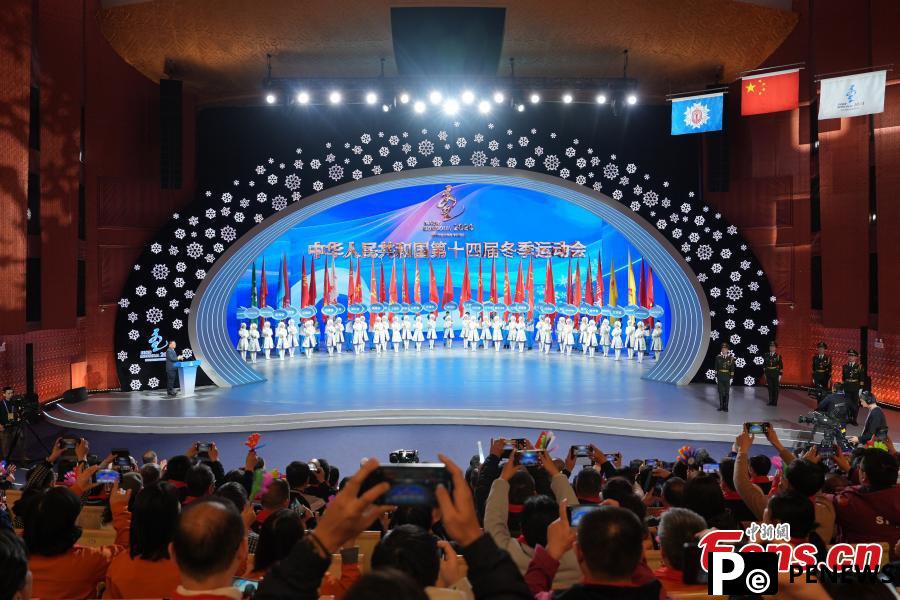
Enlarge this image
Lay's potato chips are on sale at a California grocery store in February 2023. Justin Sullivan/Getty Images hide caption
toggle caption Justin Sullivan/Getty Images
Lay's potato chips are on sale at a California grocery store in February 2023.
Justin Sullivan/Getty ImagesDuring his State of the Union address, President Joe Biden reached for one of his top recent peeves: shrinkflation.
"Too many corporations raise prices to pad the profits, charging more and more for less and less," Biden said. He complained about skimpier Snickers bars and added: "The snack companies think you won't notice if they change the size of the bag and put a hell of a lot fewer — same size bag — put fewer chips in it."
Less coffee in a can, more air in a bag of cereal, fewer sheets in a toilet-paper roll — shrinkflation lets higher prices hide in plain sight without instantly shocking shoppers. NPR's Planet Money dubbed it "inflation's devious cousin."

Politics Biden touts economic 'comeback' in election-year pitch to skeptical voters

Politics 5 takeaways from President Biden's State of the Union address
Last year, NPR's research found, for instance, Dove shrunk its soap and Tide shrunk its laundry detergent jugs, while both also slightly raised prices. For shoppers, financial experts recommended considering the price per unit (per ounce or per item in a pack) to assess price changes.
This week, even a beloved blue-haired Sesame Street resident got roped into the growing political debate about the government's role in battling shrinkflation.
"Me hate shrinkflation!" Cookie Monster wrote in on X (formerly Twitter). "Me cookies are getting smaller."
The White House instantly posted in response: "C is for consumers getting ripped off."
Why shrinkflation sticks aroundThese days, household paper products and snacks get downsized the most, according to the 2023 report by the U.S. Bureau of Labor Statistics. The agency tracks shrinkflation as part of its research on consumer prices.

Planet Money Beware Of 'Shrinkflation,' Inflation's Devious Cousin
Overall, shrinkflation affects a small portion of products, government experts found, and manufacturers are downsizing less frequently than they did a decade ago, although the changes can be dramatic.
To explain themselves, companies tend to cite higher costs of making stuff. This could be tariffs on Chinese imports put by the Trump administration, the soaring price of shipping during the pandemic supply-chain crisis, higher wages to attract workers or bad harvests of specific ingredients like cocoa.
Shrinkflation feels particularly painful at a time of high food prices overall. Inflation has cooled significantly, and wages have been climbing faster than prices. But prices are still inching up after inflation hit a four-decade high in 2022. Workers' buying power has yet to fully recover.

Life Kit How to save money when you're broke








